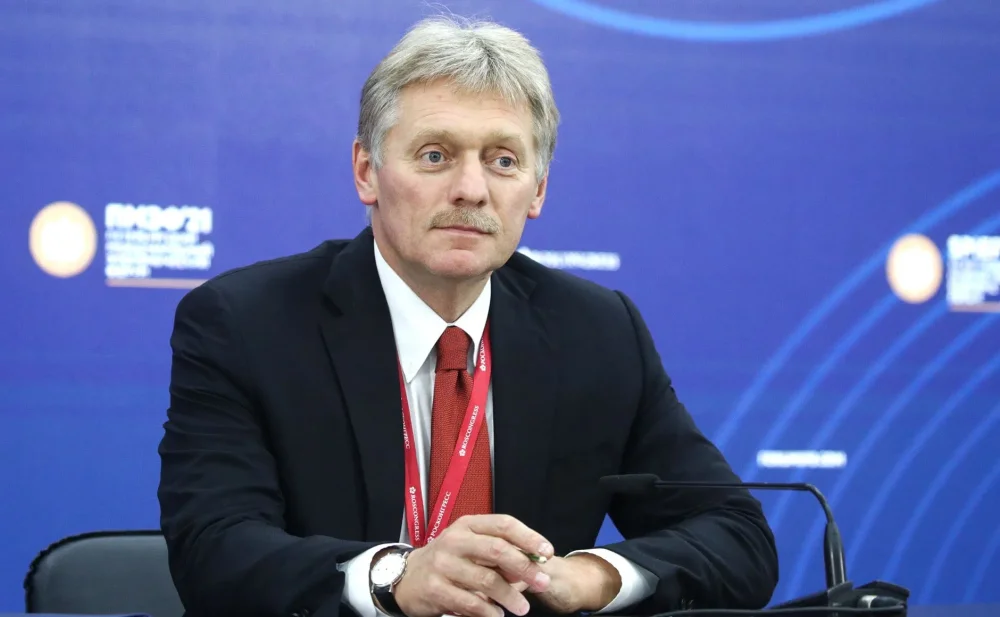The Russian government has reiterated its desire for a lasting peace in Ukraine but strongly condemned what it describes as coercive tactics from European countries, stating it will not accept threats or ultimatums from foreign powers.
This statement follows a joint appeal by European Union leaders on May 10, calling on Russia to implement a 30-day ceasefire in Ukraine before May 12. Failure to comply, they warned, would lead to a new wave of tougher sanctions targeting Russian trade and the assets of senior Kremlin officials.

Dmitry Peskov, the spokesperson for the Kremlin, declared that Russia would not engage in diplomatic talks under pressure, describing the EU’s approach as disrespectful to national sovereignty.
“No one should speak to Russia as if they’re issuing orders,” Peskov stated. “We reserve the right to make decisions in line with our own national interests.”
He emphasized that while Russia is committed to a diplomatic resolution and sustainable peace, it remains cautious about unilateral ceasefires that could be exploited militarily. “There is concern that Ukraine may use such a truce to regroup and prepare for further offensives,” he added. “Any ceasefire must be a balanced opportunity for dialogue, not a tactical advantage for one side.”
Germany, one of the EU’s most influential voices, echoed the warning. Foreign Minister Annalena Baerbock said, “The choice lies with the Kremlin. Rejecting peace is effectively choosing consequences.”
The war between Russia and Ukraine, which began in February 2022, has caused massive civilian and military casualties, destroyed critical infrastructure, and created widespread regional instability. Despite repeated diplomatic efforts, negotiations have largely stalled due to conflicting positions on the terms for peace.
As the international community intensifies its push for a breakthrough, observers note that escalating diplomatic pressure may deepen the standoff rather than bring about constructive dialogue—unless both sides agree on a framework built on mutual respect and long-term security guarantees.





